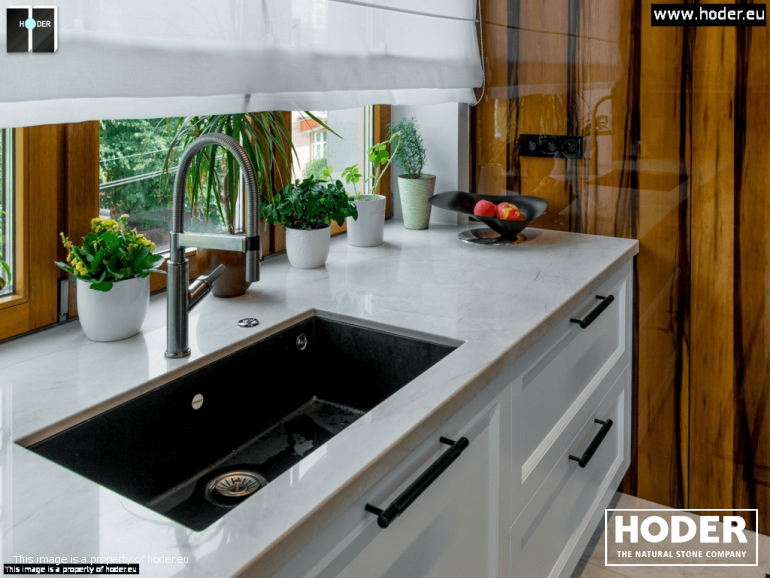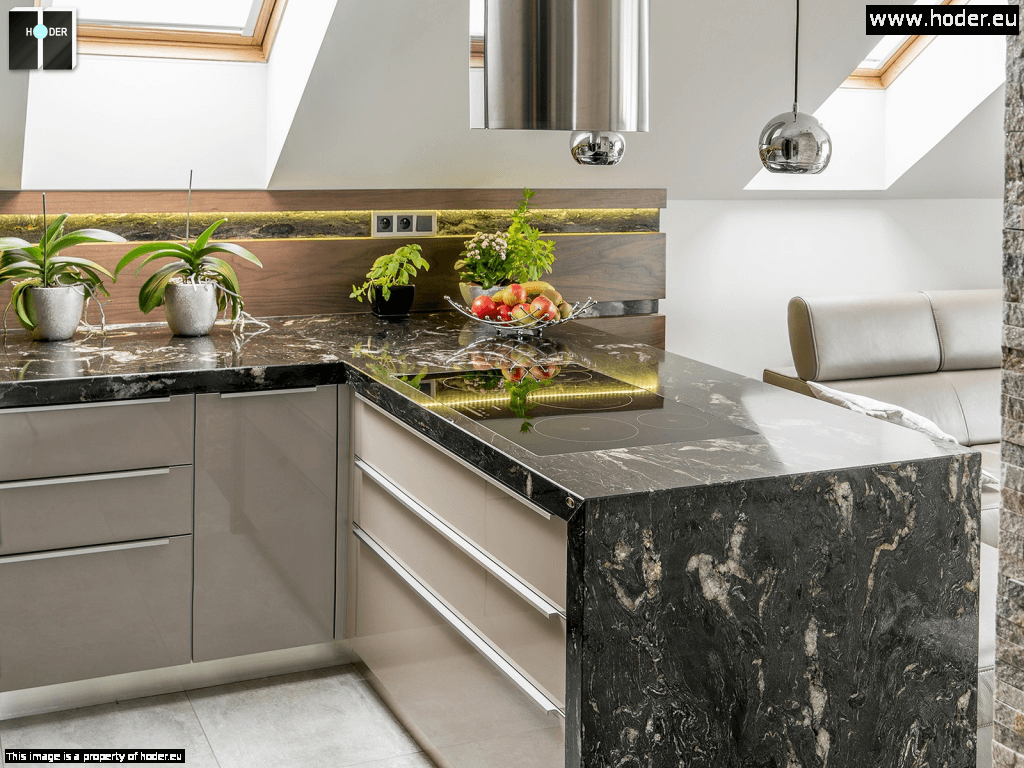Maintaining and Repairing Kitchen Countertops: Best Practices for Longevity

WE RESPECT YOUR PRIVACY
We use cookies to ensure the proper functioning of the website, and if you agree, also for marketing and advertising purposes. We use cookies in accordance with our Privacy Policy.
You can specify the conditions for storing or accessing cookies in your browser. The administrator of your data is Hoder Sp.k. More about more about storing cookies

An elegant countertop is the jewel of any kitchen, deserving of consistent care to maintain its allure. Cooking, however, poses numerous challenges to a countertop’s integrity. Exposing it to hot dishes, humidity, sharp objects, or harsh detergents can lead to scratches, cracks, holes, or bulges. How can you preserve and repair your kitchen countertop to prevent such damage? What are the best practices for maintaining a granite or quartz countertop?
 The process of rectifying various defects largely depends on the material of the countertop. For laminated surfaces, holes and chips can be addressed using specialized retouching wax that matches the countertop’s color. Epoxy resin is another viable alternative.
The process of rectifying various defects largely depends on the material of the countertop. For laminated surfaces, holes and chips can be addressed using specialized retouching wax that matches the countertop’s color. Epoxy resin is another viable alternative.
Bulging, often a result of prolonged water exposure, is a common issue with chipboard and laminate countertops. If water seeps into the slab, it can cause swelling. While minor swelling might be mitigated with a salt-filled cloth bag to draw out moisture, significant damage often necessitates a complete replacement.
Burn marks on laminate countertops can be treated with a lemon and vinegar solution, applied with a rough sponge. Unfortunately, burn damage on wooden or concrete countertops is generally irreparable.
To avoid scratches or cracks, opting for high-quality materials such as natural stone is advisable. Granite countertops, known for their remarkable resistance to high temperatures, cleaning agents, mechanical damage, and moisture, are a superior choice. Quartz conglomerate is similarly resilient, withstanding even strong impacts without damage.
To prevent damage, daily maintenance of stone countertops is recommended. Wiping a granite countertop with a damp cloth and a bit of dish soap removes impurities without harming the granite’s structure. After cleaning, thoroughly dry the surface and use products specifically designed for natural stone.
Regular impregnation of granite countertops, recommended monthly, seals micro-crevices and prevents dirt penetration, creating an effective protective layer.
Quartz countertop owners should follow similar cleaning guidelines. To preserve the countertop’s condition and appearance, avoid dragging heavy objects across it and always use cutting boards. With proper care, kitchen countertops will maintain their functional qualities and aesthetic appeal for years to come.